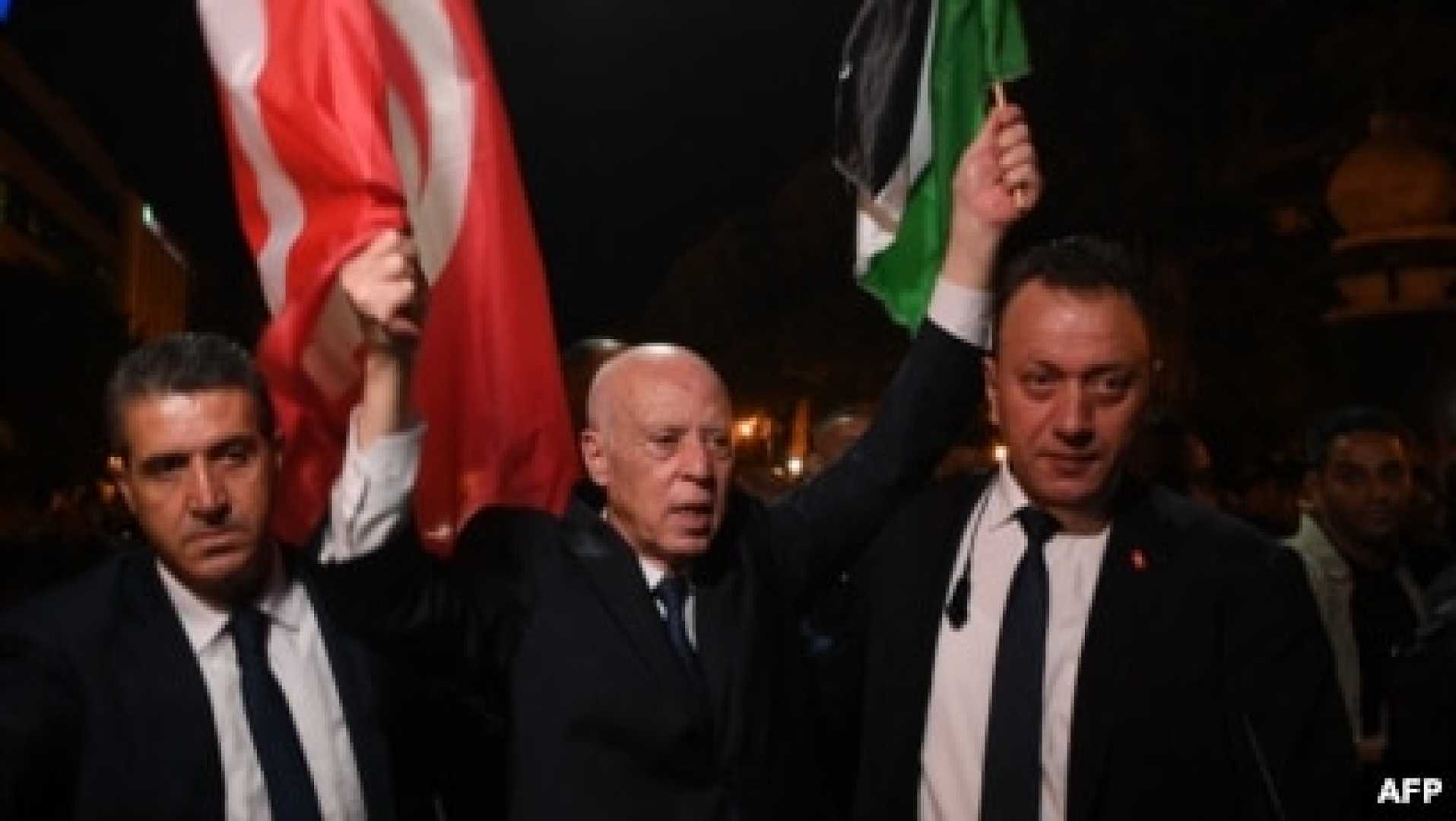News
Kais Saied Reelected in Tunisia with Controversial Landslide Victory

In a decisive electoral victory, President Kais Saied of Tunisia retained power with 90.7% of the vote, as announced by the Independent High Authority for Elections. This outcome underscores Saied’s firm grip on power in the North African nation, despite widespread criticism and low voter turnout. The election reflects a scenario reminiscent of Tunisia’s pre-Arab Spring era, according to critics.
President Saied’s victory arrives amidst a backdrop of significant political turmoil. Observers have raised concerns over his growing authoritarianism and the imprisonment of political opponents. The election was marked by a notably low voter turnout of 28.8%, lower than previous post-Arab Spring elections, signaling potential disillusionment among Tunisia’s electorate. Many opposition parties boycotted the election, citing it as a sham.
Criticism has also been directed toward the electoral process. Legal scholar Sghayer Zakraoui from the University of Tunis compared the current situation to the rule of former President Zine El Abidine Ben Ali, who was ousted during the Arab Spring uprisings. “The absolute power of a single man… is a return to the past,” Zakraoui remarked, highlighting fears of a retreat from democratic ideals.
Among those opposing Saied’s reelection is Tarek Megerisi, a senior policy fellow at the European Council on Foreign Relations. His commentary on the platform X highlighted a belief that Saied will re-enter office undermined by the recent electoral process rather than empowered. Political commentator Amri Sofien, a filmmaker, declared there is “no hope in this country,” drawing a stark contrast to Tunisia’s democratic aspirations after the 2011 Arab Spring.
During his first term, Saied significantly altered the political landscape, including declaring a state of emergency and suspending parliament, actions his critics decried as a power grab. His constitutional referendum further consolidated presidential power, despite discouraging voter engagement. Since 2023, many of Saied’s prominent opponents remain imprisoned, some facing charges like undermining state security, sparking international condemnation.
European Commission‘s foreign affairs spokeswoman, Nabila Massrali, noted that the EU is aware of concerns regarding the integrity of the electoral process. International observers continue to watch the situation closely, highlighting Tunisia’s importance as a partner in controlling Mediterranean migration routes.












